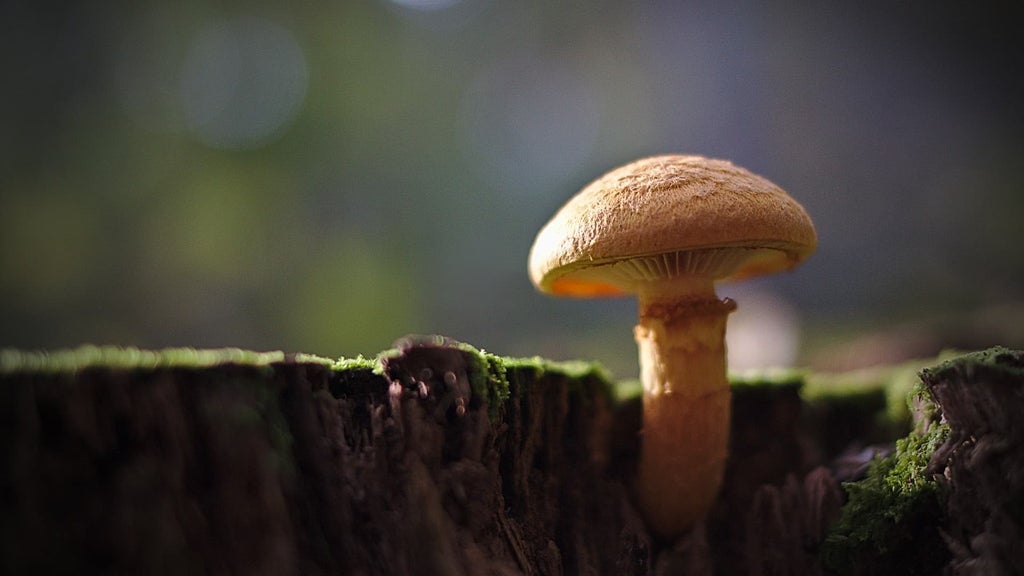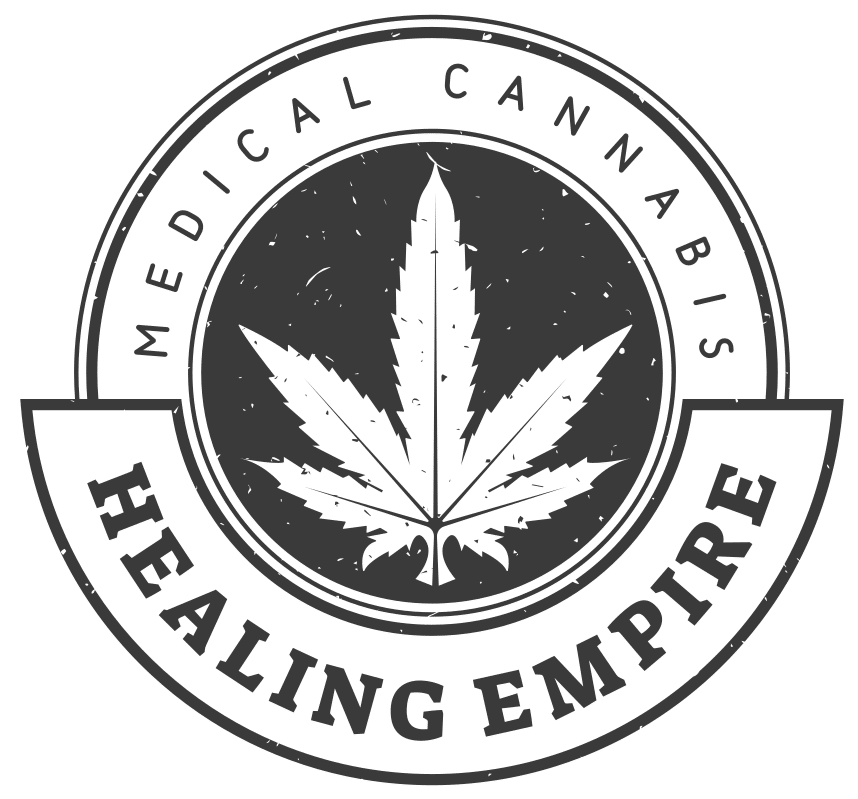Blog
Understanding the Link Between Anxiety and Depression
Anxiety and depression are two of the most common mental health conditions affecting millions of people worldwide. Despite their prevalence, many people still struggle to distinguish between the two, often confusing the symptoms and the root causes. While anxiety and depression share similarities, it’s crucial to understand that they are distinct conditions that require different approaches to treatment. In this blog post, we’ll explore the link between anxiety and depression, how they differ, and what factors contribute to the development of these mental health conditions.
What is Anxiety?
Anxiety is a feeling of unease, worry, or fear, usually triggered by a perceived threat or danger. Everyone experiences anxiety to some extent, and it’s a natural response to stressful situations. For instance, feeling anxious before a job interview, a presentation, or a medical checkup is perfectly normal. However, when anxiety becomes persistent, excessive, and interferes with daily life, it could be a sign of an anxiety disorder. The most common types of anxiety disorders include:
- Generalized anxiety disorder (GAD): Characterized by persistent and excessive worrying about everyday events and situations.
- Panic disorder: Marked by sudden and recurrent panic attacks, often accompanied by physical symptoms such as heart palpitations, sweating, and shortness of breath.
- Social anxiety disorder: Intense fear or anxiety of social situations, such as public speaking, meeting new people, or eating in public.
- Specific phobias: Extreme and irrational fear of specific objects or situations, such as heights, spiders, or flying.
How to treat anxiety
Each anxiety disorder may require different treatment approaches depending on the severity of the symptoms and the individual’s needs. In general, a combination of psychotherapy, medication, and lifestyle changes can help manage anxiety and improve overall well-being. Here are some treatment options for the most common types of anxiety disorders:
1. Generalized Anxiety Disorder (GAD)
GAD is often treated with cognitive-behavioral therapy (CBT), which focuses on changing negative thought patterns and behaviors that contribute to anxiety. CBT may also involve relaxation techniques such as deep breathing, progressive muscle relaxation, or mindfulness meditation. Antidepressant medication, such as selective serotonin reuptake inhibitors (SSRIs) or benzodiazepines, may also be prescribed to help reduce symptoms. Cannabis and mushroom also work as an anti-depressant, only if you are using them in the right way. Microdose for mushrooms and the right strains of cannabis can cure anxiety to a certain level. We’ve talked to a lot of people about this but make sure you are using them with responsibility.
In addition to therapy and medication, lifestyle changes such as regular exercise, a balanced diet, and good sleep hygiene can also be beneficial in managing GAD. Practicing stress-reducing activities such as yoga, tai chi, or spending time in nature can also help alleviate anxiety symptoms.
2. Panic Disorder
Panic disorder is often treated with CBT or other forms of talk therapy, such as exposure therapy, which involves gradually exposing the individual to situations that trigger panic attacks in a safe and controlled environment. Medications such as antidepressants or benzodiazepines may also be prescribed to help manage symptoms.
In addition to therapy and medication, lifestyle changes such as reducing caffeine and nicotine intake, regular exercise, and good sleep hygiene can also be beneficial in managing the panic disorder. Learning relaxation techniques such as deep breathing or progressive muscle relaxation can also help reduce anxiety and prevent panic attacks.
3. Social Anxiety Disorder
Social anxiety disorder is often treated with CBT or exposure therapy, which involves gradually exposing the individual to social situations that trigger anxiety in a safe and controlled environment. Medications such as antidepressants or beta-blockers may also be prescribed to help reduce symptoms. Sativa strains of cannabis develop a euphoric feeling, which can make you social to a greater extent and help you to fight your fear of being around social groups.
In addition to therapy and medication, social support can be beneficial in managing social anxiety. Joining a support group or engaging in social activities with others who share similar experiences can help alleviate feelings of isolation and fear. Regular exercise and practicing relaxation techniques can also help reduce anxiety and improve overall well-being.
4. Specific Phobias
Specific phobias are often treated with exposure therapy, which involves gradually exposing the individual to the object or situation that triggers fear in a safe and controlled environment. Medications such as beta-blockers or benzodiazepines may also be prescribed to help manage symptoms. Microdosing of mushrooms nowadays is used against anxiety, however, it is better you do it under the guidance of a professional therapist.
In addition to therapy and medication, lifestyle changes such as regular exercise, a balanced diet, and good sleep hygiene can also be beneficial in managing specific phobias. Learning relaxation techniques such as deep breathing or progressive muscle relaxation can also help reduce anxiety and prevent panic attacks.
What is Depression?
Depression, on the other hand, is a mood disorder that affects how you feel, think, and behave. It’s more than feeling sad or low, and it can have a significant impact on your ability to function in daily life. Depression can occur due to a range of factors, such as genetics, brain chemistry, and life events. The symptoms of depression can vary from person to person, but they often include:
- Persistent sadness or hopelessness
- Loss of interest or pleasure in activities once enjoyed
- Difficulty sleeping or oversleeping
- Fatigue or loss of energy
- Feelings of worthlessness or guilt
- Difficulty concentrating or making decisions
- Thoughts of death or suicide
Treatment for depression often involves a combination of medication, therapy, and lifestyle changes. Here are some treatments that can be effective in managing the symptoms of depression:
1. Persistent sadness or hopelessness
Persistent sadness or hopelessness is a common symptom of depression. Treatment options may include antidepressant medication, talk therapy such as cognitive-behavioral therapy (CBT), and support groups. In addition, lifestyle changes such as regular exercise, a healthy diet, and getting enough sleep can help improve mood.
2. Loss of interest or pleasure in activities once enjoyed
Loss of interest or pleasure in activities once enjoyed is another common symptom of depression. Treatment options may include CBT, which can help individuals identify negative thought patterns and replace them with more positive ones. Engaging in activities that bring joy, such as hobbies or spending time with friends and family, can also help improve mood.
3. Difficulty sleeping or oversleeping
Difficulty sleeping or oversleeping can be a symptom of depression. Treatment options may include sleep hygiene techniques, such as establishing a consistent sleep schedule and avoiding caffeine and electronics before bed. Antidepressant medication or therapy may also be helpful in addressing underlying issues that are contributing to sleep difficulties.
4. Fatigue or loss of energy
Fatigue or loss of energy is a common symptom of depression. Treatment options may include regular exercise, which can help improve energy levels and boost mood. Additionally, a balanced diet and good sleep hygiene can also help improve energy levels.
5. Feelings of worthlessness or guilt
Feelings of worthlessness or guilt are common in depression. especially in the competitive world of today, it is normal but we have to understand something everyone has a different space, skill, and perspective, earning the most, and getting the highest grades it just develops great pressure. I am not saying you shouldn’t be competitive at all but that is okay if you are not earning 6 figures, it is okay if you do not have a Lambo, appreciate the life you have and keep working hard.
Treatment options may include CBT, which can help individuals identify and address negative thought patterns. Engaging in activities that boost self-esteem, such as volunteering or pursuing a hobby, can also be helpful.
6. Difficulty concentrating or making decisions
Difficulty concentrating or making decisions is a common symptom of depression. Treatment options may include therapy, which can help individuals learn strategies to improve focus and decision-making skills. Additionally, lifestyle changes such as regular exercise, a balanced diet, and getting enough sleep can also improve cognitive function, makes you confident and helps your brain to be assured about decisions.
7. Thoughts of death or suicide
Thoughts of death or suicide are serious symptoms of depression that require immediate intervention. Treatment options may include hospitalization, medication, and therapy. Support from friends and family is also important, as is access to crisis hotlines and other mental health resources.
I am going to be a little unprofessional while writing about this. Remember there are countries where 12-year-old kids work in factories, it is a luxury to have a proper meal but still, they keep on hustling. How can you decide to end a life that millions of people pray to have? remember most broken people become the strongest leader.
How are Anxiety and Depression Related?
Anxiety and depression often occur together, and they share common symptoms and risk factors. Studies show that nearly half of people with depression also have an anxiety disorder, and vice versa. The link between anxiety and depression is complex, and several theories attempt to explain their relationship.
One theory is that anxiety and depression share similar biological pathways in the brain. Both conditions involve imbalances in certain neurotransmitters, such as serotonin and norepinephrine, that regulate mood, emotions, and behavior. The dysfunction in these neurotransmitters may explain why antidepressant medications that boost serotonin levels can also be effective in treating anxiety disorders.
Another theory is that anxiety and depression arise from the same underlying causes, such as early-life trauma, chronic stress, or genetics. For example, people who experience childhood abuse or neglect are at higher risk of developing both anxiety and depression later in life. Similarly, people with a family history of mood disorders are more likely to develop anxiety or depression themselves.
anxiety and depression may influence each other, creating a vicious cycle of negative thoughts and emotions. For instance, a person with anxiety may become depressed due to persistent worry and fear, while someone with depression may develop anxiety due to feelings of hopelessness and despair.
Microdose of Mushroom

Microdosing with mushrooms, also known as “magic mushrooms,” has gained popularity as a potential treatment for depression and anxiety. Microdosing involves taking a small amount of the psychoactive compound psilocybin found in magic mushrooms, usually 0.1 to 0.5 grams, to achieve subtle effects without inducing a full-blown psychedelic experience.
While research on the use of psilocybin for depression and anxiety is still in its early stages, some studies have shown promising results. Psilocybin has been found to increase neuroplasticity, which refers to the brain’s ability to form and reorganize neural connections in response to experiences. This may lead to a decrease in depressive symptoms by helping individuals break free from negative thought patterns.
Furthermore, psilocybin has been found to activate the default mode network (DMN) in the brain. The DMN is responsible for self-referential thinking, which can be overactive in people with depression and anxiety. Psilocybin may help individuals decrease activity in the DMN, leading to a decrease in negative self-talk and an increase in positive emotions.



